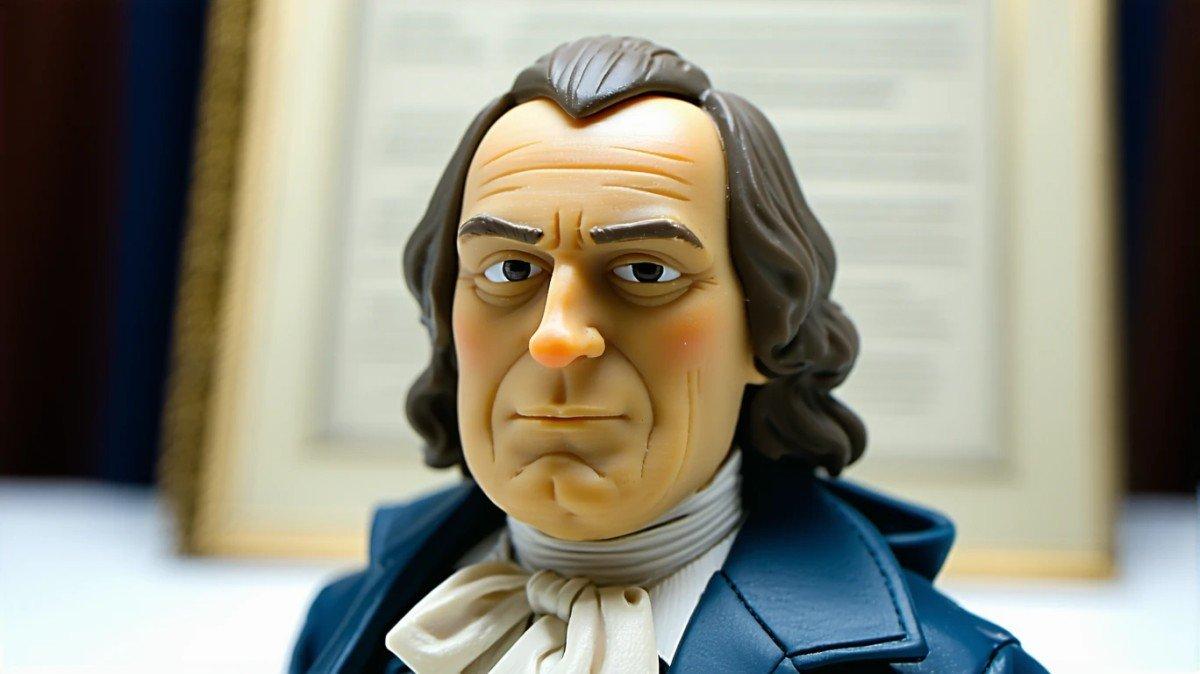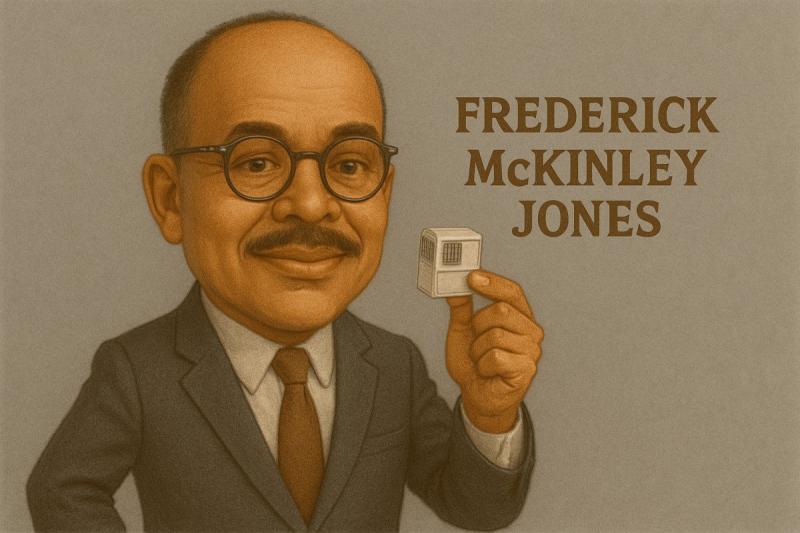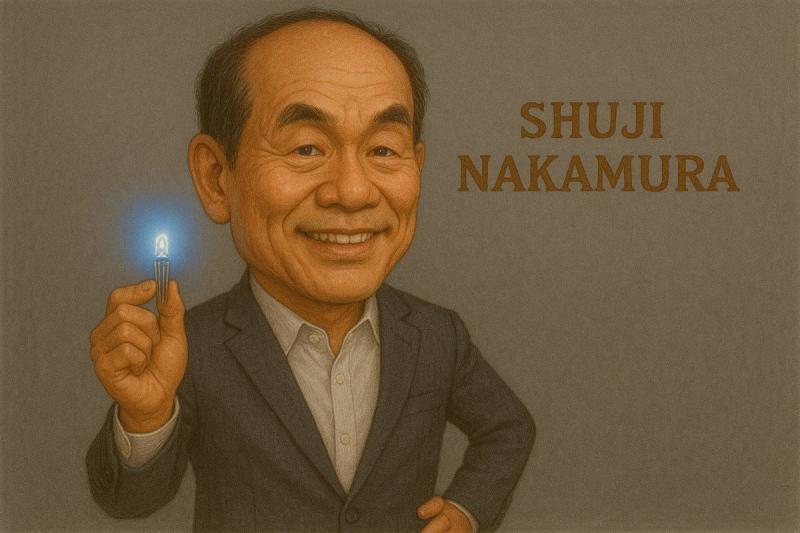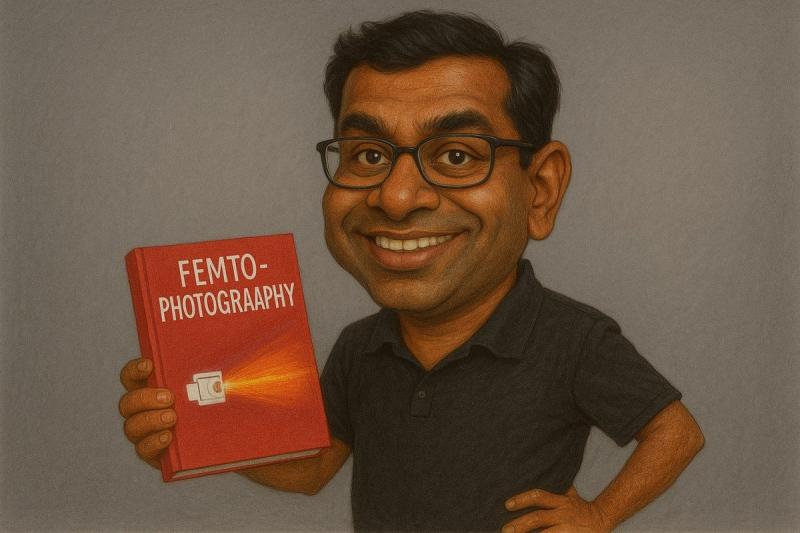Joseph Priestley: The Revolutionary Who Discovered Oxygen But Couldn't Let Go of Phlogiston
Ever wondered how someone brilliant enough to discover oxygen could simultaneously cling to a completely wrong scientific theory? Well, that's just one of the fascinating contradictions that made Joseph Priestley one of history's most interesting scientific figures.
Priestley wasn't just your average 18th-century scientist in a powdered wig. He was a radical theologian with controversial ideas that eventually got his house burned down by an angry mob. Talk about having a bad day at work!
The Man Who "Found" the Air We Breathe
Let's start with Priestley's claim to fame: his discovery of oxygen in 1774. Despite having no formal scientific training (yes, you read that right), Priestley isolated what he called "dephlogisticated air" by heating mercuric oxide with a magnifying glass.
What's truly impressive is the DIY nature of his scientific work. Priestley conducted experiments in makeshift labs, often creating his own equipment. This wasn't some well-funded university researcher—this was a curious mind with a passion for understanding the world around him.
But here's where things get weird. Despite discovering what we now know as oxygen, Priestley refused to abandon the phlogiston theory—a completely incorrect idea that dominated chemistry at the time. Even when Antoine Lavoisier correctly identified and named oxygen while disproving phlogiston, Priestley stubbornly held onto the outdated theory until his death.
Why would such a smart guy cling to a wrong idea? It's a fascinating reminder that even brilliant minds can become attached to existing frameworks. We all do this sometimes, don't we? Get so comfortable with our understanding of something that we resist evidence to the contrary?
More Than Just a Scientist
What many people don't realize about Priestley is that science was just his side hustle. His main gig? Being a controversial theologian and political radical. And boy, did he excel at stirring up trouble!
Priestley rejected many core Christian doctrines and developed what became known as Unitarianism in England. He criticized established religion, questioned the divinity of Christ, and challenged the authority of the Church of England. In the 18th century, these weren't just academic disagreements—they were dangerous positions that threatened the social order.
Beyond his religious views, Priestley was politically outspoken too:
- He vocally supported both the American and French Revolutions
- He advocated for separation of church and state
- He pushed for civil rights and liberty
- He opposed slavery and championed education reform
These positions made him increasingly unpopular with conservatives in English society. In fact, his political pamphlets and sermons were so controversial that King George III reportedly called him "that wicked Priestley."
When Your Scientific Career Goes Up in Flames (Literally)
Remember that angry mob I mentioned? In 1791, tensions reached a boiling point. A group of rioters, fueled by anti-revolutionary sentiment and opposition to Priestley's religious and political views, literally burned his house to the ground in what became known as the Priestley Riots.
The mob destroyed his home, his laboratory, his books, and his scientific equipment. Years of research—poof, gone in a night of violence. Can you imagine losing everything you've worked for because people disagreed with your ideas? :/
Priestley and his family escaped physical harm, but the message was clear: his radical ideas weren't welcome in England anymore. Three years later, he emigrated to America, hoping to find the freedom he championed in the new republic.
America: The Final Chapter
In America, Priestley found a somewhat warmer reception, settling in Pennsylvania where he continued his scientific and theological work. He even corresponded with notable American figures including Thomas Jefferson and John Adams.
But even in America, Priestley couldn't completely escape controversy. During the Adams administration, his criticism of the government almost got him arrested under the Alien and Sedition Acts. The man simply couldn't help but speak his mind, regardless of consequences!
The Lasting Legacy of a Complicated Genius
What makes Priestley so fascinating isn't just his discovery of oxygen or his controversial theology—it's the complex, contradictory nature of the man himself. He was:
- Forward-thinking enough to discover oxygen but too traditional to abandon phlogiston
- Progressive in his politics but rigid in some scientific thinking
- A clergyman who challenged fundamental religious doctrines
- A peace-loving man whose ideas inspired violent reactions
His legacy extends beyond oxygen too. FYI, Priestley also:
- Invented carbonated water (yep, we can thank him for soda!)
- Identified ten different gases
- Wrote groundbreaking works on electricity
- Published over 150 works on topics ranging from grammar to theology
What Can We Learn From Priestley?
Joseph Priestley's life offers us some pretty valuable lessons. His stubborn adherence to phlogiston theory despite mounting evidence against it reminds us that even the smartest among us can fall victim to confirmation bias.
At the same time, his willingness to challenge religious and political orthodoxy—even at great personal cost—demonstrates remarkable courage. How many of us would risk everything for our beliefs?
In many ways, Priestley embodied both the brilliance and blindness that can exist simultaneously in human thinking. He showed us that innovation doesn't require formal training—just curiosity and determination.
Most importantly, perhaps, Priestley reminds us that history's most interesting figures aren't flawless heroes or simple villains. They're complex humans with contradictions, blind spots, and extraordinary contributions all mixed together.
The next time you take a deep breath or enjoy a fizzy drink, spare a thought for Joseph Priestley—the revolutionary thinker who discovered the air we breathe but couldn't let go of outdated ideas, who changed both science and religion but ultimately had to flee the country he called home. Now that's what I call a life worth remembering!



